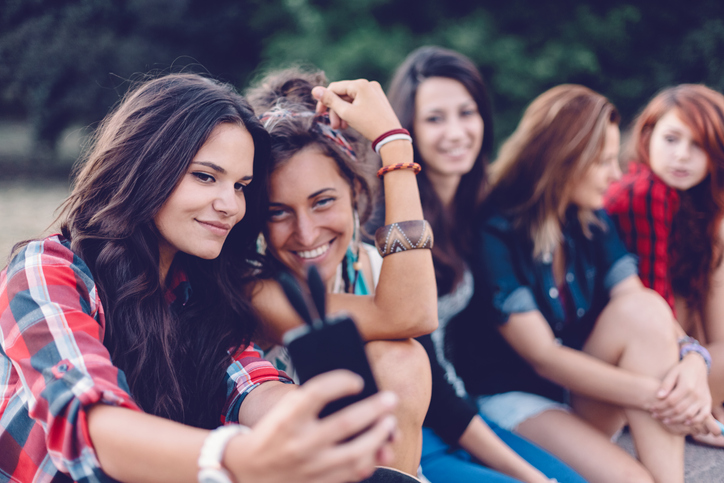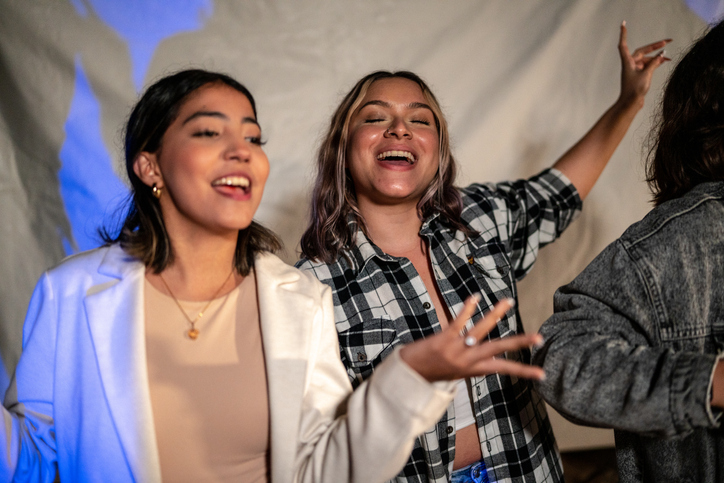Albert Bandura is the father of what is generally referred to as “Self-Efficacy Theory”. In its simplest form this theory basically states that: One’s belief in success is a greater contributor to future success than past experience. The old adage, “Whether you think you can, or you think you can’t, you’re right” certainly supports this theory.
The ultimate goal of self-efficacy theory is to build sequential successes into a mastery experience. Once you have achieved a mastery experience, your belief in your own ability increases and you are better equipped to attempt additional difficult tasks. You are then able to transfer that experience and self-efficacy into other areas of your life.
At Cascade Academy many of our students live and thrive within a very small comfort zone and have difficulty taking risks outside that comfort zone. Sometimes this looks like Academic success with a perfect attendance record and a 4.2 GPA. While this is certainly no small accomplishment, it is evidence of an imbalanced life with low self-efficacy if that same individual is not able to go into a grocery store and buy their own food, or order for themselves in a public restaurant.
Through a series of well thought out sequenced experiences, students at Cascade Academy have the opportunity to build self-efficacy by participating in a variety of mastery experiences. It is important to remember during these moments that growth is determined by self-improvement and not by comparison. Comparison is the thief of joy.
Imagine an adolescent girl who struggles with social anxiety. Suppose she is unable to order food at a restaurant for herself or go through a check-out line in the grocery store. Unaddressed this behavior will certainly have a negative impact on this girl’s future. To create a mastery experience relative to this challenge it is important to disrupt the comfort zone, wherever that may be.
Step one might be to request Cascade chefs to for a specific meal. Step two might be a phone order with an UberEATS delivery. Step three might be a self-checkout at the grocery store followed by a drive through order at a fast-food restaurant. You might think that actually ordering food at a restaurant would be the sought after “mastery experience”. However, the final step is likely ordering food at multiple restaurants with multiple groups of people in order to generalize the experience.
These exposures and experiential opportunities must be sequenced, calculated and generalized in order to be effective with our clients. With the achievement of small successes, a belief system is developed within. Overtime this belief system is reinforced, self-efficacy is achieved and the lives of our clients are truly changes as they are better equipped to advocate for themselves and overcome what was once debilitating anxiety.




